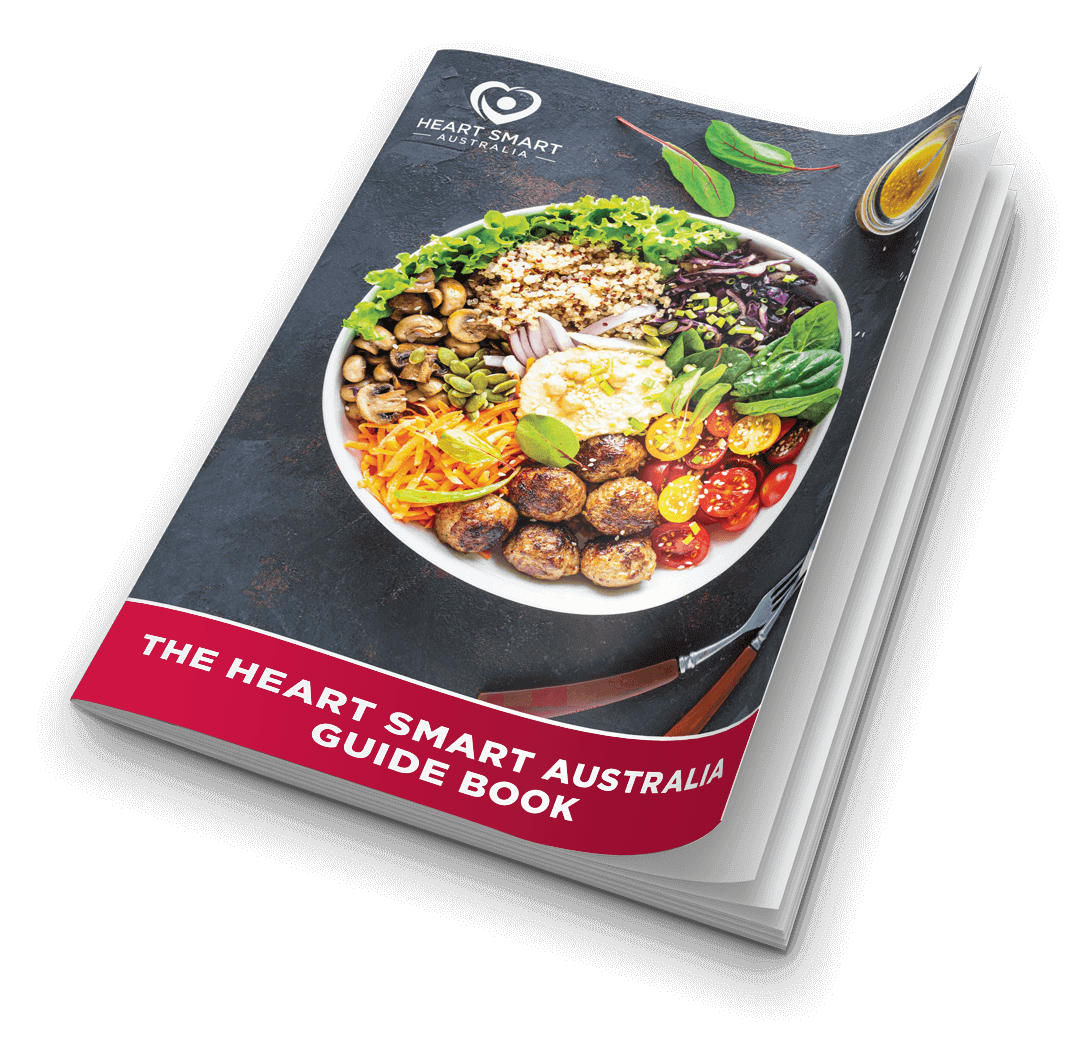Heart-Smart Eats: Steering Clear of High Cholesterol Foods
In the hustle and bustle of modern life, it’s easy to overlook the impact of our dietary choices on our health, particularly when it comes to managing cholesterol levels. High cholesterol foods can significantly affect our well-being, but with the right knowledge and guidance, we can make informed decisions to protect our cardiovascular health.
In this article we will explore:
What Are High Cholesterol Foods?
Identifying high cholesterol foods is essential for maintaining heart health. These foods are typically high in saturated and trans fats, both of which can raise LDL (bad) cholesterol levels in the blood. Some common examples include:
- Red Meat: Beef, lamb, and pork are rich in saturated fats, which can contribute to elevated cholesterol levels when consumed in excess (1). Australian dietary guidelines suggest limiting the intake of red meat and opting for lean cuts when consumed (2).
- Full-Fat Dairy Products: Whole milk, cheese, and butter contain high levels of saturated fats, which can increase LDL cholesterol levels (1). Choosing low-fat or skim dairy options can help reduce cholesterol intake.
- Processed Foods: Packaged snacks, fast food, and convenience meals often contain unhealthy fats and high levels of sodium, both of which can negatively impact cholesterol levels (3). Opting for whole, unprocessed foods is recommended.
- Fried Foods: Fried foods, such as hot chips and fried chicken, are typically cooked in unhealthy oils high in trans fats, which can raise LDL cholesterol levels (4). Baking, grilling, or steaming food options can be healthier alternatives.
- Baked Goods: Many commercially baked goods, such as pastries, cookies, and cakes, are made with hydrogenated oils, which contain trans fats that can elevate cholesterol levels (5). Choosing homemade or whole grain options can help reduce trans fat intake.
- Palm Oil and Coconut Oil: While often marketed as healthy alternatives, these oils are high in saturated fats and can contribute to increased LDL cholesterol levels when consumed excessively (6). Moderation is key when using these oils in cooking.
What is the Impact of High Cholesterol Foods on Health?
Consuming high cholesterol foods regularly can lead to various health issues, including an increased risk of heart disease, atherosclerosis (hardening of the arteries), stroke, and high blood pressure (7). According to the Australian Dietary Guidelines, a diet high in saturated fats can raise LDL cholesterol levels, which is a risk factor for cardiovascular disease (2). It is recommended to replace saturated fats with unsaturated fats, such as those found in fish, nuts, seeds, and oils, to help lower cholesterol levels and reduce the risk of heart disease.
What Foods to Avoid with High Cholesterol?
To manage cholesterol levels effectively, it’s essential to limit or avoid certain foods that are high in saturated and trans fats. Here are some foods to avoid with high cholesterol levels:
What are Healthy Alternatives?
When making dietary changes to lower cholesterol, it’s essential to focus on incorporating healthy alternatives into your meals. Here are some practical tips:
Conclusion
Maintaining healthy cholesterol levels is crucial for overall well-being and reducing the risk of cardiovascular disease. By being mindful of high cholesterol foods and making smart dietary choices based on Australian guidelines, we can take control of our health and enjoy a heart-healthy lifestyle.
How we reviewed this article:
- Sources
- History
Heart Smart Australia utilises a variety of credible and reliable sources to support and provide valuable insights into the topic being discussed. From academic journals to government reports, each reference has been carefully selected to add depth and richness of our articles.
- (1) Healthline | (2022). How dietary cholesterol affects your blood cholesterol levels
- (2) Australian Government Department of Health | (2013). Australian Dietary Guidelines
- (3) CDC | (2021). Understanding cholesterol
- (4) FDA | (2020). Trans fat
- (5) Mayo Clinic | (2020, February 13). Trans fat: Double trouble for your heart
- (6) Journal of New England | (2018). Palm oil and cholesterol
- (7) Wiley | (2017). Understanding cholesterol
Our team actively monitors health and wellness advancements, keeping our articles up-to-date with the latest information as it becomes available.




